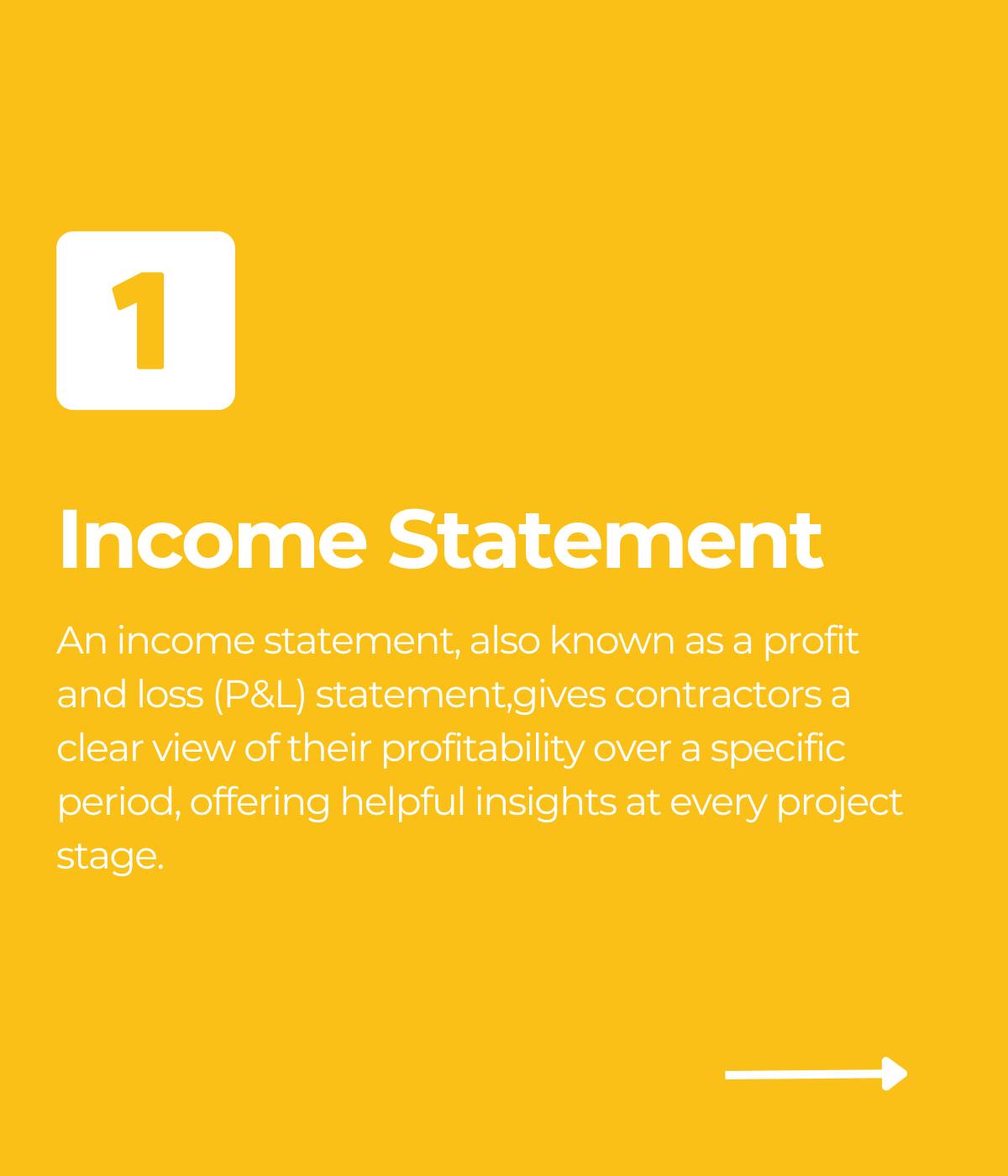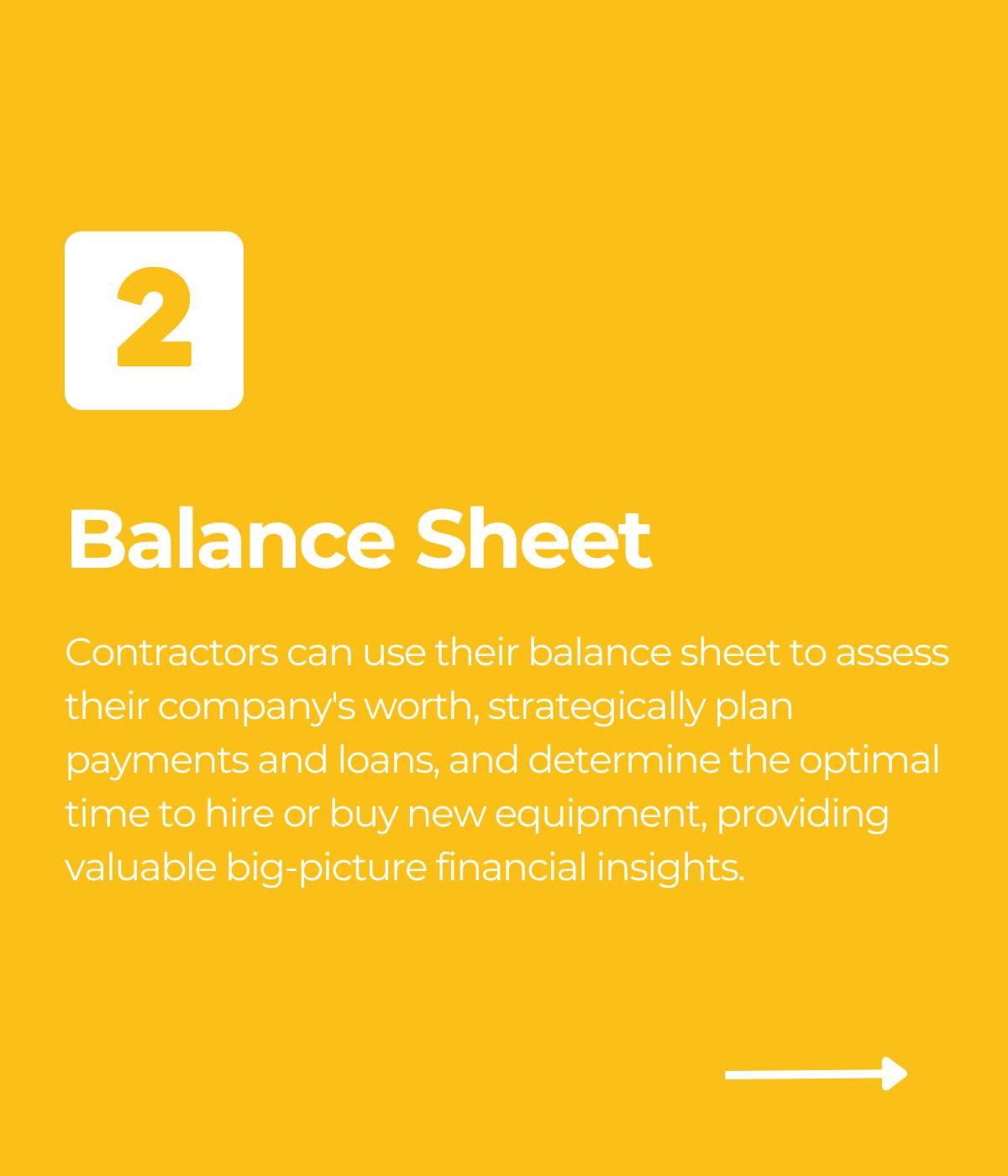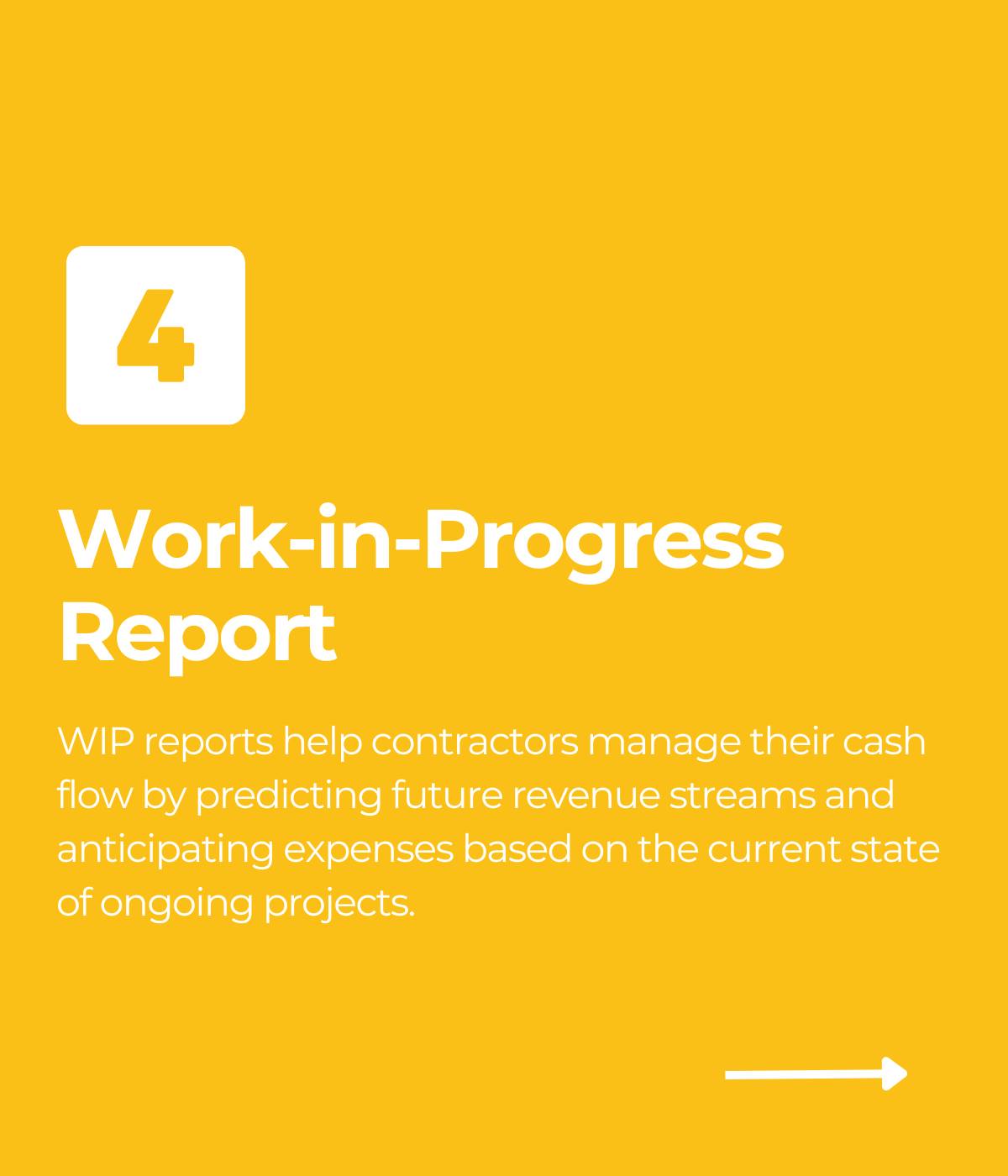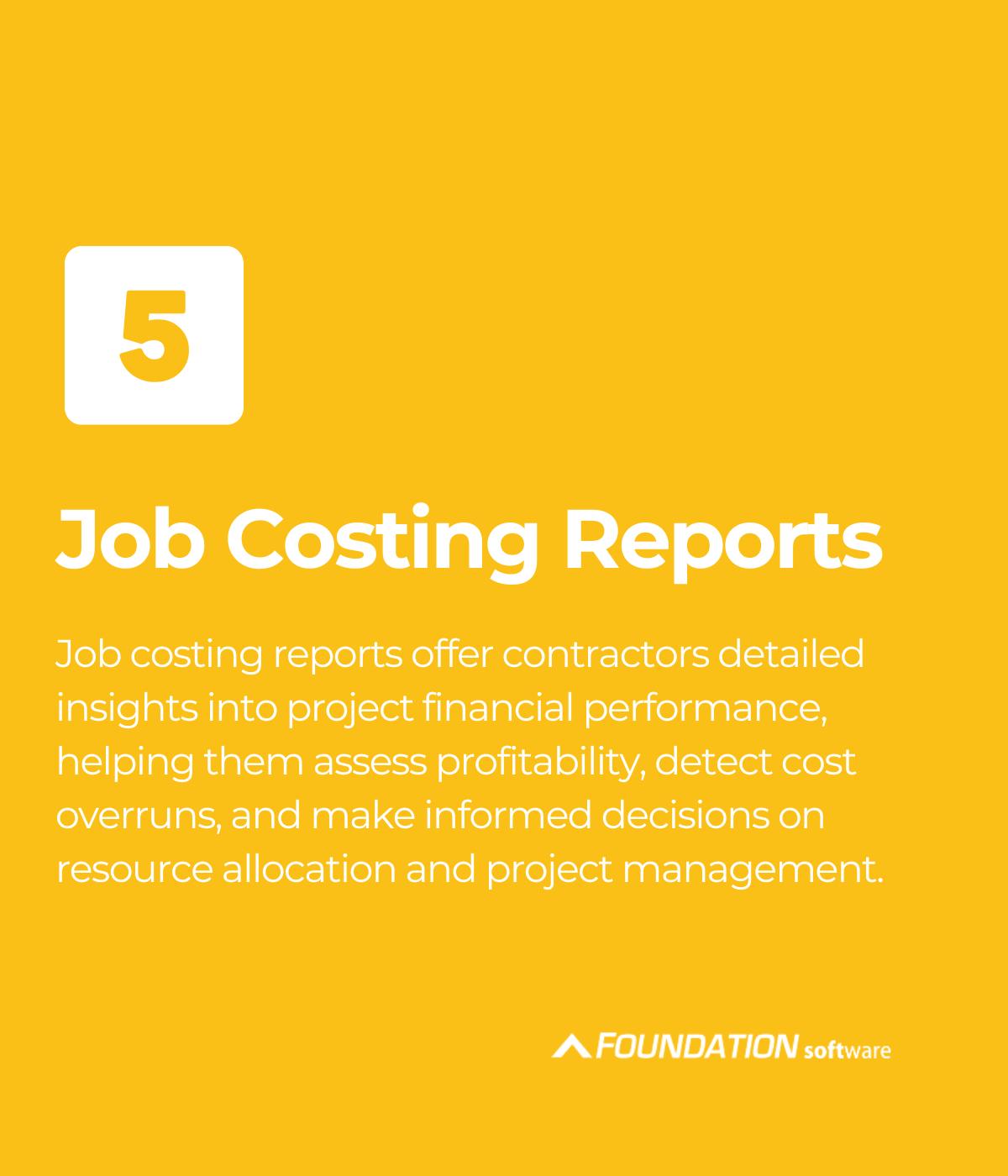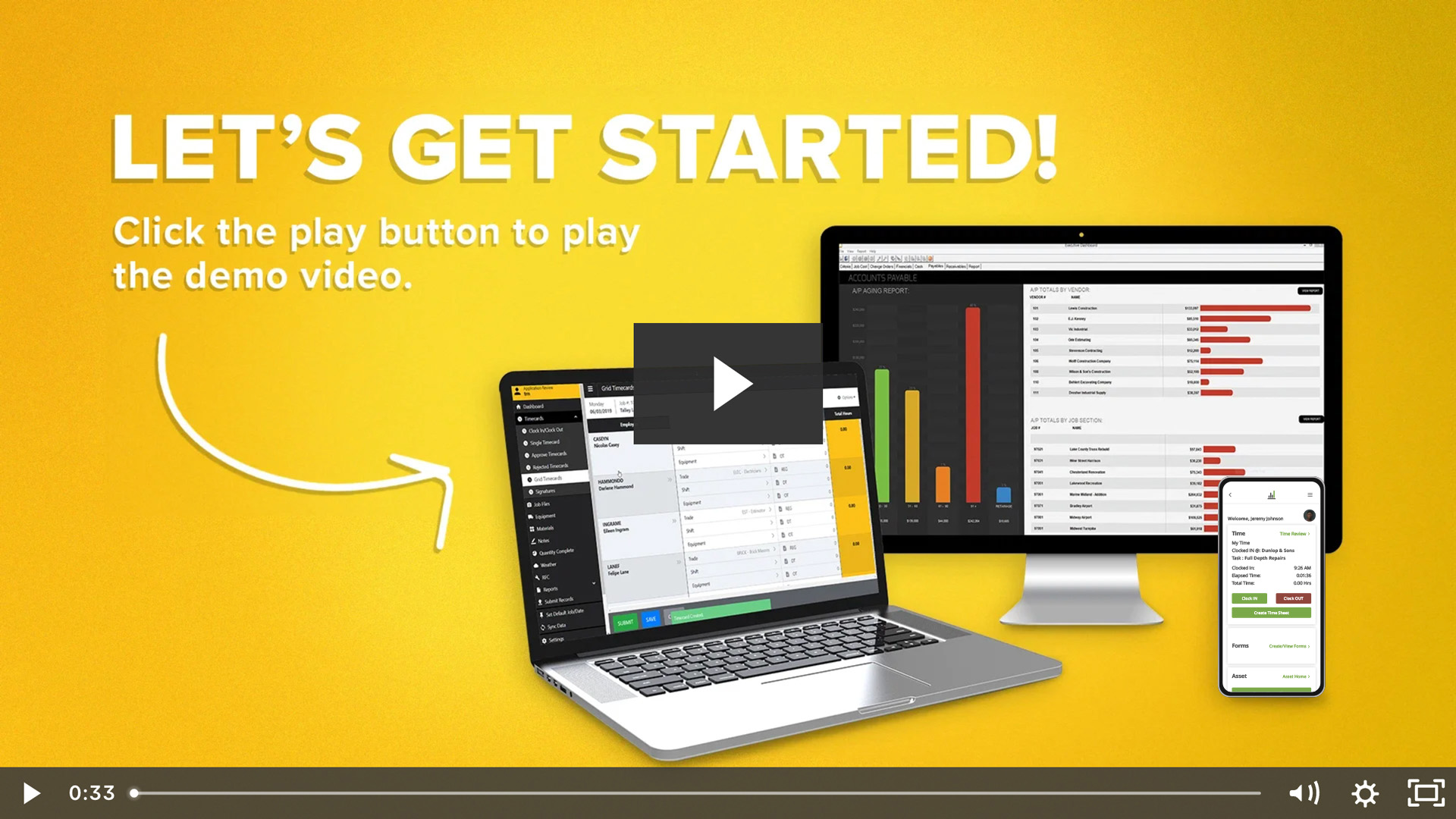
Cash flow tracking is the crucial measurement of money earned versus money spent on a construction project. For contractors and construction professionals in the competitive industry of construction, this process serves as the financial backbone of every project they undertake.
While all projects have unique characteristics, every construction business undertaking involves project costs such as labor costs, material costs and equipment costs. Accurately monitoring these financial elements determines a project’s ultimate success.
Effective cash flow management allows construction companies and construction firms to:
- Measure profitability with precision
- Review available funds efficiently
- Prevent project delays and disputes
- Provide necessary materials and labor when needed
- Ensure timely payments from clients
- Maintain timely payments to subcontractors and vendors
- Identify potential financial challenges before they become problems
- Make data-driven business decisions
Cash flow remains one of the most critical metrics for construction professionals to monitor throughout the project lifecycle.

Key Takeaways for Construction Cash Flow Management
Consistent cash flow management remains essential in the construction industry, where cash flow fluctuations can quickly create significant financial challenges:
- Healthy cash flow enables construction firms to pursue growth opportunities and take on larger projects
- Accurate cash flow projections help prevent unexpected expenses from derailing project timelines
- Real-time visibility into financial data allows for quick adjustments when cash flow challenges arise
- Implementing proper milestone payments structures protects against extended periods without revenue
- Detailed tracking of labor costs, material costs and equipment costs identifies areas for improved efficiency
- Using specialized software provides the real-time data needed to make informed financial decisions
- Regular review of financial reports helps identify patterns and potential issues before they impact operations
Why Accurate Cash Flow Tracking Drives Project Success
Precise cash flow tracking enables contractors to allocate necessary funds at each project stage while maintaining timelines and budgets. When construction companies implement robust cash flow tracking, they gain:
- Clear real-time visibility into financial health at each project phase
- Early warning signs of potential cost overruns
- Confidence in making financial commitments
- Better negotiation positions with suppliers and subcontractors
- Improved ability to forecast future project requirements
- Enhanced financial reports capabilities for stakeholders and financial institutions
This practice maximizes profitability and sets field teams up for success by ensuring they receive required materials promptly, preventing costly delays.
Essential Steps for Effective Cash Flow Tracking
Construction professionals can follow these key strategies to maintain steady cash flow and increase profits:
1. Establish Realistic Project Budgets
Contractors must create attainable detailed budgets that incorporate all potential expenses. They need to include things like overhead costs, permits and unforeseen expenses.
The budget should also outline the projected revenue from completing the project. This enables accurate cash flow projections of costs versus earnings to determine profitability.
Developing comprehensive budgets at the outset reduces the likelihood of unexpected expenses and provides flexibility when project changes inevitably occur.
Construction managers who master this step create a solid foundation for successful cash flow tracking.
2. Define Clear Payment Terms in Contracts
Construction companies should ensure payment terms are explicitly defined in contracts before work begins. Some considerations contractors include:
- Specific milestone payments schedules tied to project completion phases
- Clear terms for change orders and additional work
- Provisions for handling payment delays
- Requirements for deposit payments before work begins
- Consequences of late payments
This practice creates certainty around when payments will arrive. It allows for detailed timeline creation and proper allocation of project funds.
3. Create Detailed Cash Flow Statements
The cash flow statement accurately categorizes money earned versus money spent at specific project stages. It ensures every dollar flows through proper documentation channels.
This crucial document gives construction professionals critical information to assess project revenue and costs at every phase and mitigate change order impacts.
For construction firms managing multiple projects simultaneously, cash flow forecasts become essential tools to prevent overspending and maintain healthy cash flow across the organization.
4. Implement Progress Billing Practices
Contractors who bill for completed work progressively throughout a project maintain stronger cash flow positions than those who wait until major milestones. This approach:
- Reduces financial strain during larger projects
- Minimizes borrowing needs
- Creates predictable income patterns
- Builds better relationships with clients through transparency
- Allows for earlier identification of cash flow issues
5. Maintain Strict Documentation Practices
Successful cash flow tracking depends on meticulous documentation. Construction professionals should maintain comprehensive records of:
- All estimates and bids
- Contract modifications and change orders
- Labor hours and equipment usage
- Material deliveries and costs
- Subcontractor agreements and payments
- Client communications regarding financial matters
How Construction Accounting Software Enhances Cash Flow Tracking
Modern construction accounting software compares estimated revenue against actual costs for labor, materials and other expenses in real-time data.
Leading software solutions offer job costing capabilities that provide immediate updates to cash flow. It also demonstrates broader impacts on company finances.
With specialized construction financial management systems, contractors can:
- Review cash flow metrics instantly
- Build comprehensive job costing reports using company-specific structures
- Track and manage change orders without altering original project information
- Forecast future cash flow needs based on historical data
- Access payroll, accounts receivable and accounts payable in the same system
- Generate customized reports for different stakeholders
FOUNDATION® construction accounting software provides powerful tools for construction professionals seeking to master cash flow tracking.
The platform enables users to review financial positions in real-time and build detailed job costing reports with customized structures. It also helps manage change orders without compromising original project data and access numerous other features that strengthen financial oversight.
Effective cash flow tracking remains the cornerstone of construction financial management. It enables contractors to complete projects profitably while maintaining strong relationships with clients, vendors and financial partners.
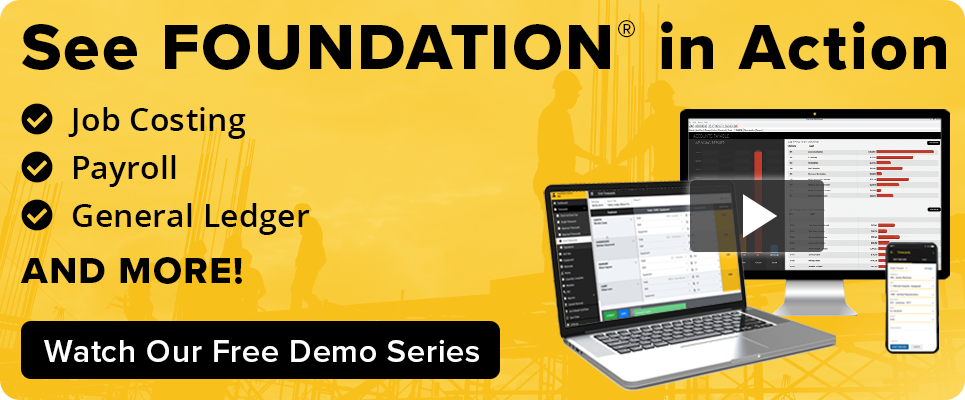
By implementing these key strategies and leveraging appropriate technology tools, construction professionals can transform their approach to cash flow tracking and achieve greater financial control in this competitive industry.
Talk with a specialist to learn more!
Share Article
Keep on current news in the construction industry. Subscribe to free eNews!
Our Top 3 YouTube Videos
Learn about our software more in depth with product overviews, demos, and much more!

Our ACA reporting & e-filing services include official 1094-C and 1095-C IRS reporting, optional e-filing (no applying for a TCC code required), mailing to your employees and experienced support to help you.

There are plenty of reasons to make FOUNDATION your choice for job cost accounting and construction management software — just ask our clients!
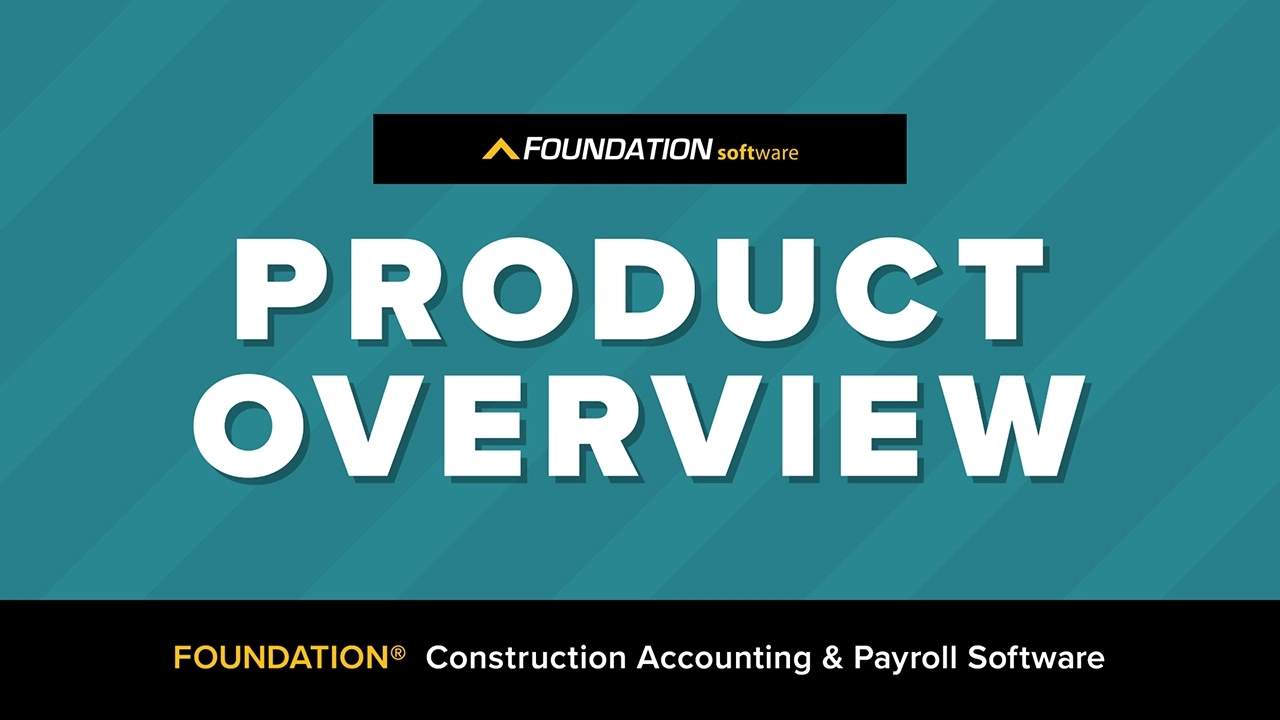
From job cost accounting software, to construction-specific payroll. Get an overview on your next all-in-one back-office solution.




